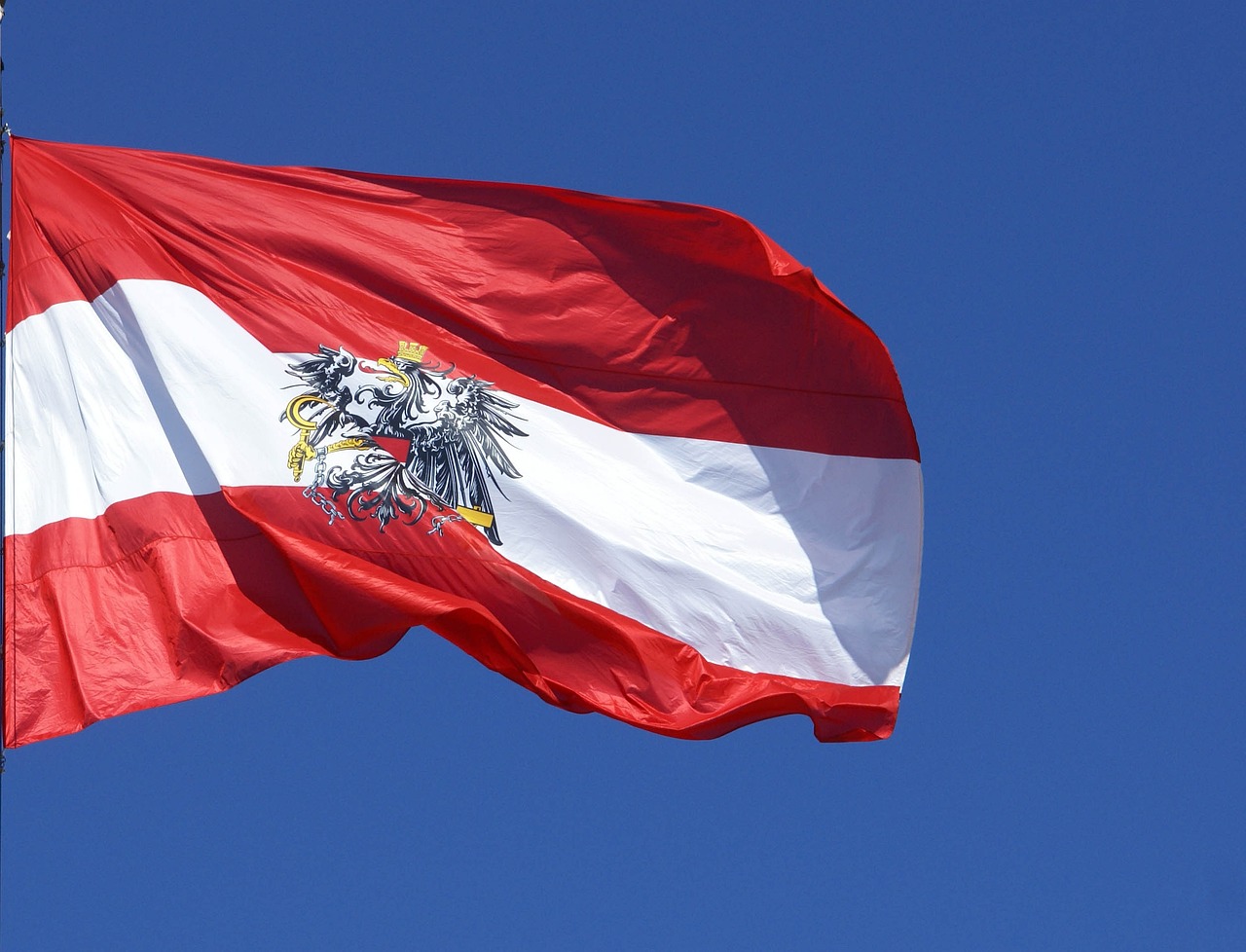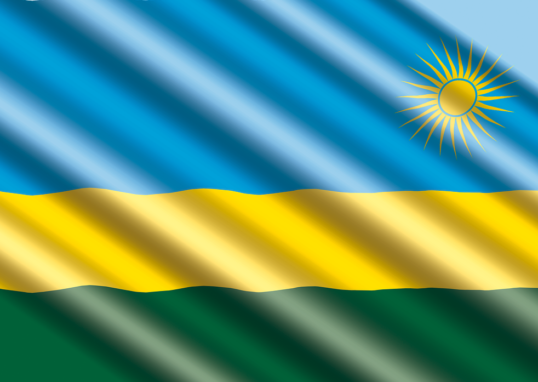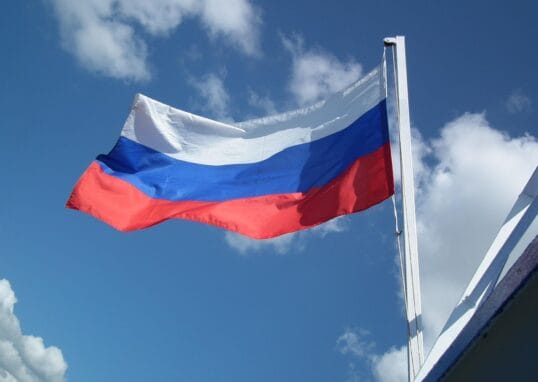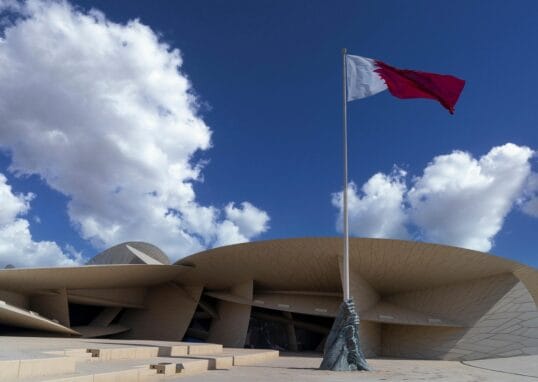
Red-White-Red Promise: Austria’s Overture to the World’s Brightest Minds
The Red-White-Red card of Austria is a permit for work and residence intended for the most qualified non-EU/EEA nationals who wish to live and work in Austria. The primary objective of the Austrian government in issuing this type of visa is to attract professionals working in fields where there is a labor shortage in the country. Austria’s red-white-red card is a vital immigration scheme designed to attract skilled workers, entrepreneurs, and highly educated professionals to Austria. This initiative, named after the colors of the Austrian flag, is a digitized program that evaluates candidates based on their education, work experience, language skills, and age.
Red-White-Red Card: Austria’s Crimson Carpet to Opportunity
Eligibility Criteria
- Skilled Workers in Shortage Occupations: Professionals in fields where Austria lacks sufficient workers, such as engineers, IT professionals, and medical staff.
- Very Highly Qualified Workers: We prioritize individuals with exceptional qualifications (e.g., PhD, patents, publications).
- Graduates of Austrian Universities: Non-EU/EEA students who have completed their degree in Austria are also eligible to apply.
- Other Categories: Includes key workers, self-employed key workers, and start-up founders.
The successful applicants are granted the right to live and work in Austria and are integrated into Austria’s economy and society. The card is particularly beneficial for employees in high-demand fields, such as engineering, IT, healthcare, and tourism, as Austria faces labor shortages in these areas. The EU Blue Card is also available to highly skilled non-European Union citizens, who can easily return to their home country.
Austria boasts a robust labor market, and its cities, including Vienna, Salzburg, and Graz, are renowned for their innovation, trade, and cultural attractions. The capital, Vienna, is famous as one of the world’s best cities to reside in, boasting a world-class standard of living, impeccable public services, and a vibrant cultural life.
Points-Based System
Austria uses a points-based system to evaluate eligibility. Points are awarded based on:
- Qualifications (education level)
- Work experience
- Language skills (knowledge of German and English)
- Age
- Employment offer (contract or binding job offer): To qualify, each category requires a minimum number of points.
Duration and Validity
The card is typically issued for a period of 24 months, allowing you to work for a specific employer in Austria.
EU Blue Card
The EU Blue Card is a residence and work permit for highly qualified non-EU/EEA nationals who wish to work in an EU member state (excluding Denmark and Ireland). It is part of an EU-wide initiative aimed at attracting talent to the region.
Eligibility Criteria:
- University Degree or Comparable Qualification: Applicants must hold a degree equivalent to a university degree or demonstrate comparable work experience.
- Job Offer: Applicants must have a valid job offer or employment contract in the host country.
- Minimum Salary: The salary offered must be at least 1.5 times the average gross annual salary of the member state (subject to change depending on country-specific rules).
Key Features:
- Duration: The card is issued for a period ranging from 1 to 4 years, depending on the country.
- Family Reunification: EU Blue Card holders are permitted to bring their family members to the EU.
- Path to Permanent Residency: After residing in the host country for a specified period (typically 33 months), you can apply for permanent residency.
Austrians live culturally in a minefield of history, tradition, and art. Having been born on the land touched by great legends such as Mozart, Beethoven, and Strauss, music in Austria resonates with appreciation worldwide. The Salzburg Festival and the Vienna State Opera are milestone celebrations that draw international crowds to undertake the journey solely for them. Austrian coffee culture, revered as international in value as tradition, includes communities sipping coffee and pastries over profound conversation in a classically served ambiance.
Differences Between the Cards:
- Scope: The Austria Red-White-Red Card is country-specific, whereas the EU Blue Card allows for greater mobility across EU member states.
- Salary Threshold: The EU Blue Card has a set minimum salary requirement, whereas the Red-White-Red Card offers more flexibility in terms of occupations and eligibility.
- Family Reunification: Both cards facilitate family reunification, but the Blue Card may offer more streamlined options for dependents across the European Union.
Both cards are designed for highly skilled workers and provide a pathway to long-term residency. However, the Red-White-Red Card is specific to Austria, whereas the EU Blue Card offers broader mobility throughout the EU.
Visit the website to learn more. Austria’s mountainous areas are a second natural and cultural asset. The Austrian mountains offer first-class skiing, hiking, and breathtaking scenery, with destinations such as Tyrol and Salzburg in high demand. Austria’s emphasis on stability and environmental protection is clear in its old national parks and green cities.
Austria is a magnificent country in the heart of Europe, renowned for its breathtaking mountainous landscapes, rich cultural heritage, and high quality of life. It has been a popular destination for job seekers and those who want peace. The often preferred option is the Red-White-Red card, which is intended for individuals in professions where they are in short supply, i.e., graduates from Austrian universities and highly qualified professionals from abroad. This card is issued based on a point system, which rewards immigrants for their qualifications, work experience, language skills, maturity, and other qualities, making them more employable. Applicants should have a job offer from their employer with a salary above the Austrian salary threshold and a positive labor market test for that specific profession. 
The Start-up Visa targets start-ups and allows businesspeople to benefit from it. The latter’s aim is for Austria to continue thriving in terms of innovation and business development. Austria also has a visa named the Jobseeker Visa that enables a person to live in the country for a maximum period of six months and become part of the local labor.
The country boasts several advantages, including better living conditions, good healthcare, and service providers with an inclusive approach that is non-discriminatory and open to all, making it easier to find common ground. At the same time, the Austrian employer-employee relationship resembles buying a package deal at a resort, where you are not allowed to dot the “i’s,” but you have to take a break while you are working. The employee typically works 40-45 hours weekly, a global standard. On the other hand, Austria has public holidays and offers 25 working days of vacation, a trend that appears to be unchanged concerning paid leave. The country’s workers receive benefits because the total cost of work is covered by the mandatory payroll taxes, which, in addition to health insurance, also include retirement and unemployment funds.
Austrian cities, especially Vienna, have been awarded the title of the most liveable cities. They provide modern life, historical charm, and top-notch infrastructure worldwide. The living costs are very reasonable compared to those of other European capitals, allowing for a high quality of life. Rents are readily available, and strict state regulations, including a ban on rent increases, make it a perfect place for truly needy tenants. Some deals are only available for long-term leasing.
Austria has a well-organized public transportation system, making it very affordable and easy to get around. Buses, trams, and trains are all covered and connect to even the most remote places. Furthermore, the city government is keen on infrastructure projects. Another efficient and environmentally friendly form of transportation in Austria, particularly in Vienna, is cycling. It is the best method of transportation. Cyclists can travel by bike lanes, which are separated from the roadways by drivers. Founded in 1895, Vienna’s first modern bicycle club initiated the city’s first bike-friendly measures.
The city was well-suited for biking. The winter holidays in the Alps are a delight for the people who go skiing, snowboarding, or have a party at the top of the mountain. Once summer approaches, Austria flourishes, and lakes, hiking boots, and the most beautiful landscapes become the outdoor recreation options of the time. Foreigners are also drawn to another neighboring country, Europe’s “Digital Nation,” Estonia, which stands out as the Baltic region’s jewel with its high-tech governance, booming economy, and stunning natural beauty. In recent years, this nation has become a magnet for individuals from abroad seeking employment, entrepreneurial opportunities, or a place to settle.
Conclusion
The people of Austria are well-known for their friendly and hospitable nature. English is the primary language expatriates speak in Austria, and it is also the language in which business is conducted. Austria’s expats can often seamlessly integrate themselves into the local culture, primarily due to the many advantages that urban settings offer and the diversity of people with whom they can engage. Do you look for the opportunity in technology, tourism, the academic field, or engineering industries, or is it for the life standards in a very attractive and culturally rich environment that you are focused on? Austria is the ideal choice for individuals seeking to work and live in Europe, as it offers a blend of professional and lifestyle benefits, along with excellent living conditions, which are not readily available elsewhere. Austria’s red-white-red card unlocks a rich labor market, and in a country immersed in culture and natural beauty, high-quality opportunities abound. Whether you advance your career in a dynamic industry or immerse yourself in Austria’s rich music and alpine traditions, the country offers a welcoming and vibrant environment for professionals and their families. The mix of opportunities and cultural significance makes it a prominent European destination.







